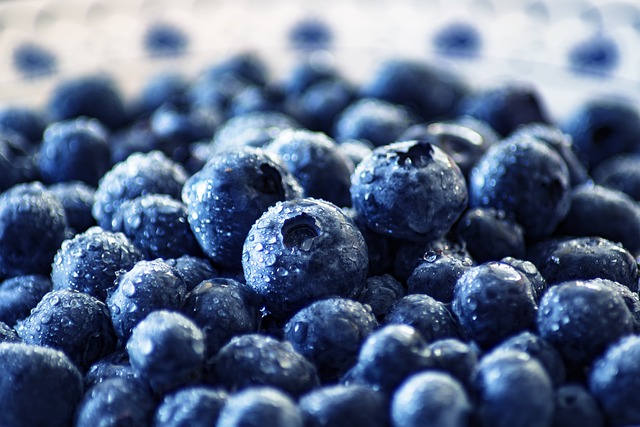Supercharging Your Immunity with Probiotics: Strengthen Your Defenses
In today’s fast-paced and stressful world, maintaining a strong immune system is crucial for optimal health. Our immune system serves as our body’s defense mechanism, protecting us against harmful pathogens, infections, and diseases. While regular exercise, a balanced diet, and sufficient sleep are key factors in maintaining a strong immune system, the role of probiotics in boosting immunity is often overlooked.
What are Probiotics?
Probiotics are live microorganisms, primarily bacteria and some yeasts, that provide numerous health benefits when consumed in adequate amounts. These beneficial bacteria are naturally present in our gut and play a vital role in maintaining a healthy balance of microorganisms in our digestive system.
The gut is home to trillions of bacteria, both beneficial and harmful. Probiotics, also known as the “friendly” bacteria, help by crowding out the harmful bacteria and restoring balance. When the balance is disrupted, it can lead to various digestive disorders, weakened immunity, and other health issues.
How Probiotics Benefit Immunity
Research suggests that a significant portion of our immune system resides in the gut. The gut-associated lymphoid tissue (GALT) plays a crucial role in detecting and combating harmful pathogens. Probiotics support the immune system in multiple ways:
- Enhancing gut barrier function: Probiotics help strengthen the gut lining, preventing harmful bacteria and other pathogens from entering the bloodstream. A healthy gut barrier is key to keeping our immune system strong.
- Boosting production of antibodies: Probiotics stimulate the production of antibodies, which are proteins that recognize and neutralize harmful substances in the body. This immune response helps fight against infections and diseases.
- Regulating immune cell activity: Probiotics modulate the activity of immune cells, promoting balanced immune responses. This regulation is crucial to prevent chronic inflammation and autoimmune conditions.
- Reducing inflammation: Chronic inflammation can weaken the immune system and make us more susceptible to infections. Probiotics have been shown to reduce inflammation by decreasing the production of pro-inflammatory molecules in the body.
Best Food Sources of Probiotics
While probiotic supplements are readily available in the market, it’s always beneficial to obtain these friendly bacteria from natural food sources. Some of the best food sources of probiotics include:
- Yogurt: Yogurt is an excellent source of live and active cultures, including Lactobacillus and Bifidobacterium strains. Look for yogurt labeled as “contains live and active cultures” to ensure you’re getting the beneficial bacteria.
- Kefir: Kefir is a fermented milk drink that contains a diverse range of probiotic strains. It is rich in nutrients and can be a great addition to your diet for boosting immunity.
- Sauerkraut: Sauerkraut is made from fermented cabbage and is a rich source of probiotics. Look for unpasteurized sauerkraut to ensure it contains live bacteria.
- Kombucha: Kombucha is a fermented tea packed with probiotics. However, it’s essential to choose low-sugar options, as excessive sugar can negatively affect your immune system.
- Miso: Miso is a traditional Japanese seasoning made from fermented soybeans. It is commonly used in soups and provides beneficial probiotics along with a unique flavor.
Supplementing with Probiotics
In some cases, obtaining sufficient probiotics from food alone may be challenging. This is where probiotic supplements can be beneficial. When selecting a probiotic supplement, it’s important to consider the following:
- Strain diversity: Look for a supplement that provides a variety of probiotic strains, as different strains offer different health benefits. Lactobacillus and Bifidobacterium are two commonly studied genera.
- CFU







